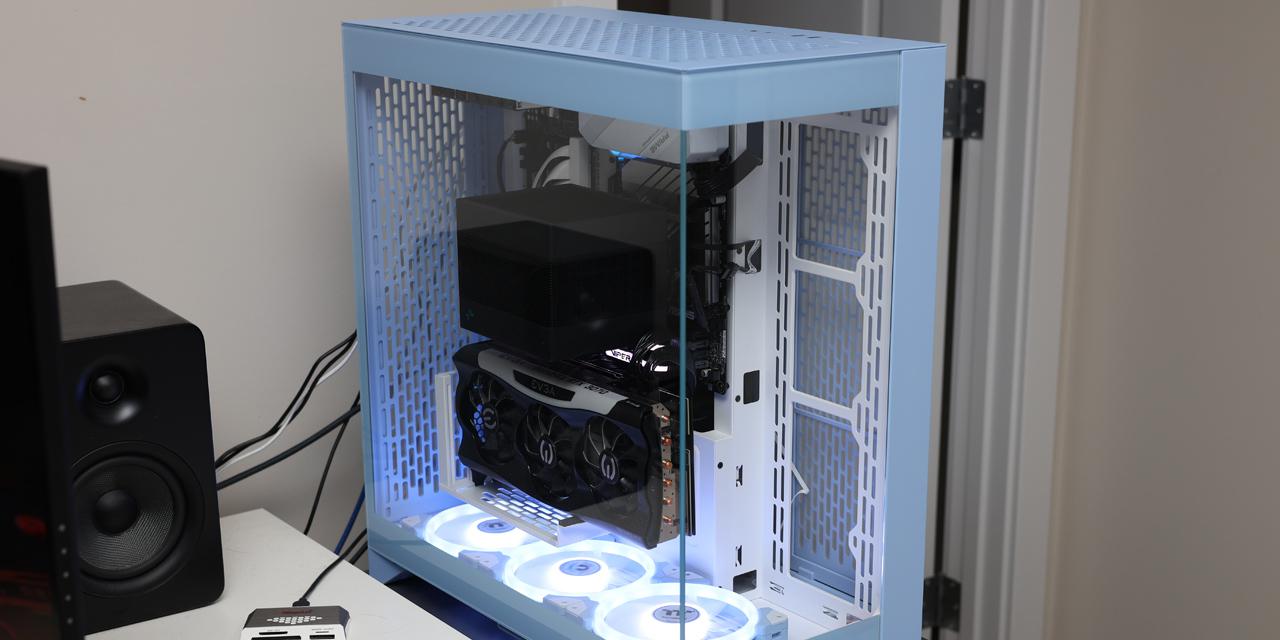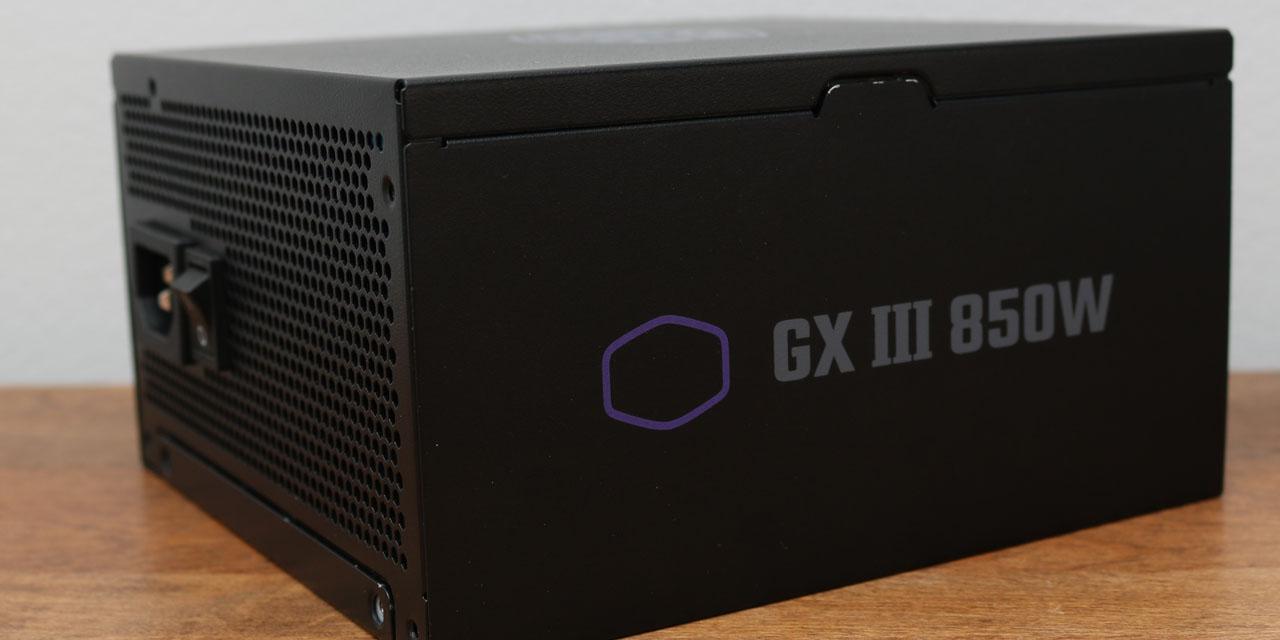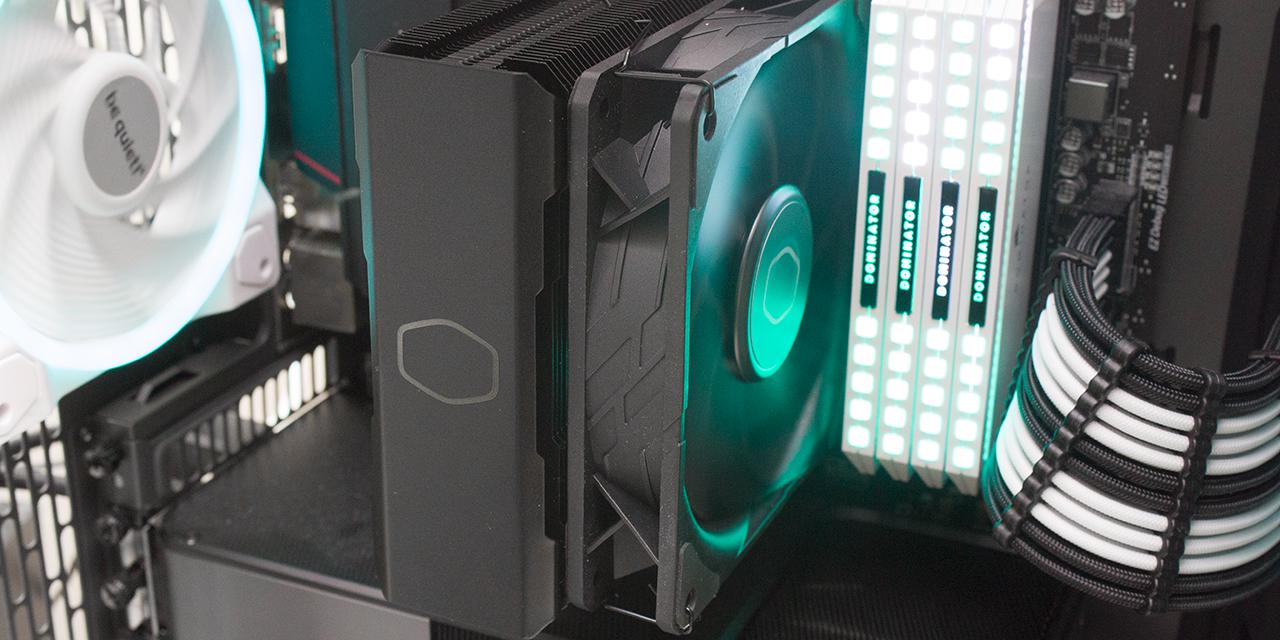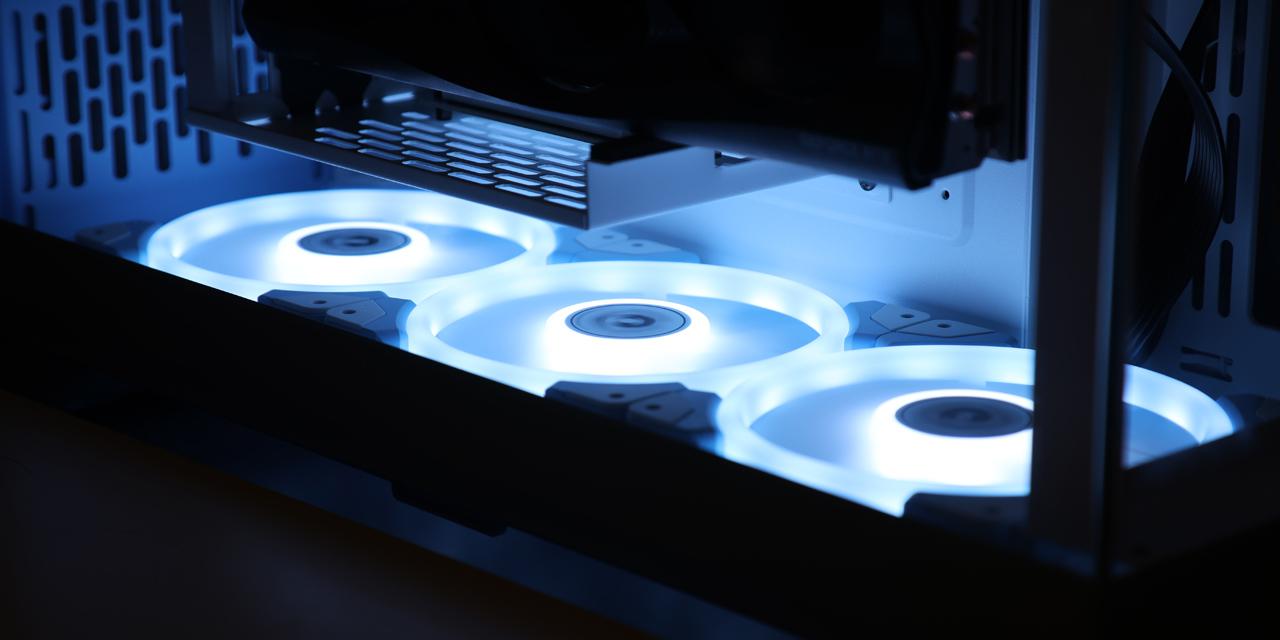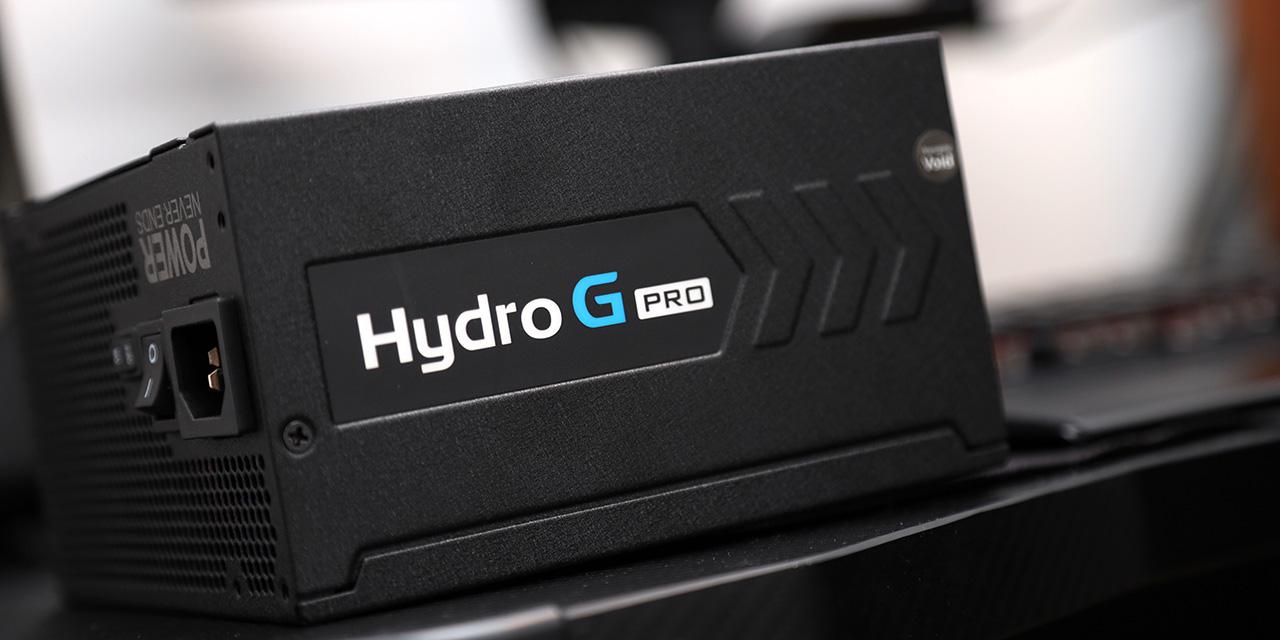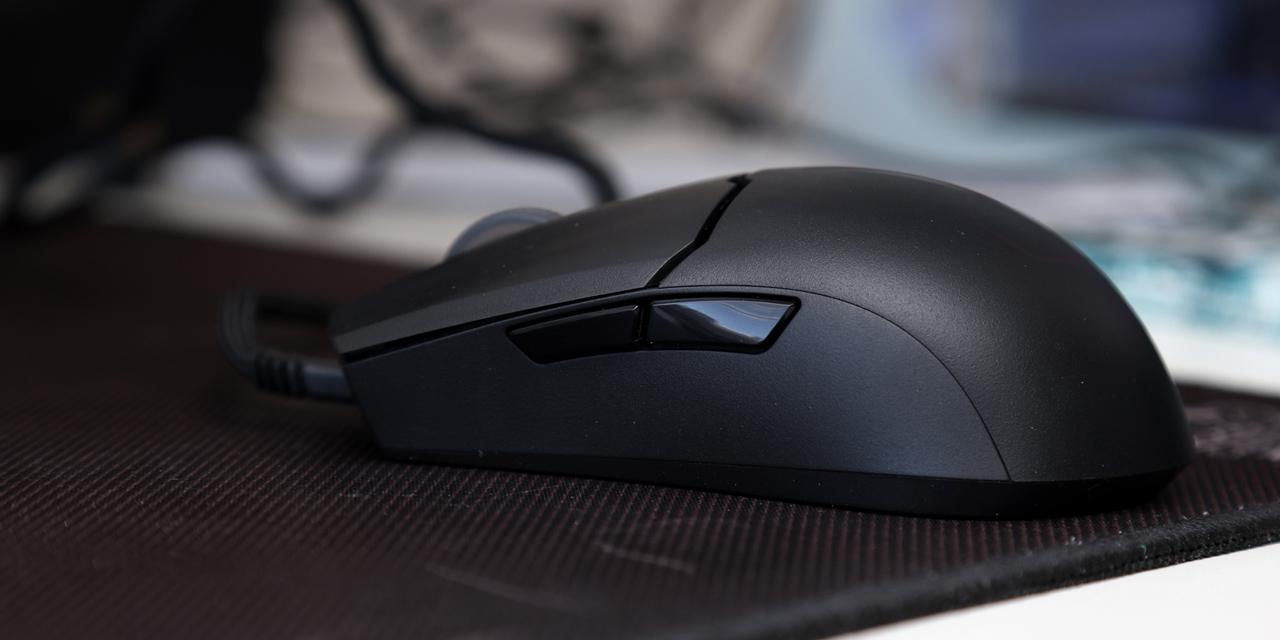|
From X-bit Labs: Microprocessors by Intel Corp. power over 80% of personal computers; chips based on micro-architecture developed by ARM are utilized in 95% of mobile phones. ARM claims that while Intel's business model works in the PC space, it will never work on the handset market. As a result, vendors of ARM-based chips will leave Intel behind in all the markets, according to a co-founder of ARM. “The reason why ARM is going to kill the microprocessor is not because Intel will not eventually produce an Atom that might be as good as an ARM, but because Intel has the wrong business model. People in the mobile phone architecture do not buy microprocessors. So if you sell microprocessors you have the wrong model. They license them. So it’s not Intel vs. ARM, it is Intel vs. every single semiconductor company in the world," said Hermann Hauser, a co-founder of ARM, in an interview with the Wall Street Journal. The claim of Mr. Hauser is strange to say at least. It costs billions to develop a modern microprocessor for a high-performance desktop or server processor and even though ARM chips are more energy efficient than Intel's x86 microprocessors, they cannot achieve similar levels of performance and reliability. In fact, ARM still does not have a 64-bit microprocessor akin to AMD Opteron or Intel Xeon, not talking about anything like enterprise-class Xeon MP or Itanium central processing units (CPUs). Historically, Intel and its arch-rival Advanced Micro Devices did not compete against ARM-based designs. In fact, both companies either dropped development of their own Geode- or Xscale-branded designs featuring ARM architecture or sold appropriate business divisions to others in the middle of the last decade and proclaimed "x86 everywhere" strategy. Nowadays the market of personal computers is growing slowly and x86 vendors naturally turn their attention onto the segment of mobile devices, such as advanced smartphones and tablets, the ground of ARM. On the other hand, ARM is looking at personal computers and servers as potential ways to expand its market share. The interesting thing is that Intel Atom chips do power tablets, whereas ARM does not power desktops or servers. "If you look at the history of computing there was mainframe, which was dominated by IBM, then came the mini computer dominated by DEC, then came the third wave with workstations dominated by Sun and Apollo, then the PC, and now it’s the mobile architecture that is going to be the main computing platform at least on the terminal side. There is no case in the history of computing where a company that has dominated one wave has dominated the next wave and there is no case where a new wave did not kill the previous wave - as in obliterate them... The people that dominate the PC market are Intel and Microsoft," said Mr. Hauser. View: Article @ Source Site |
 |
Intel Has Wrong Business Model for Mobile Devices - Co-Founder of ARM
© Since 2005 APH Networks Inc. All trademarks mentioned are the property of their respective owners.
